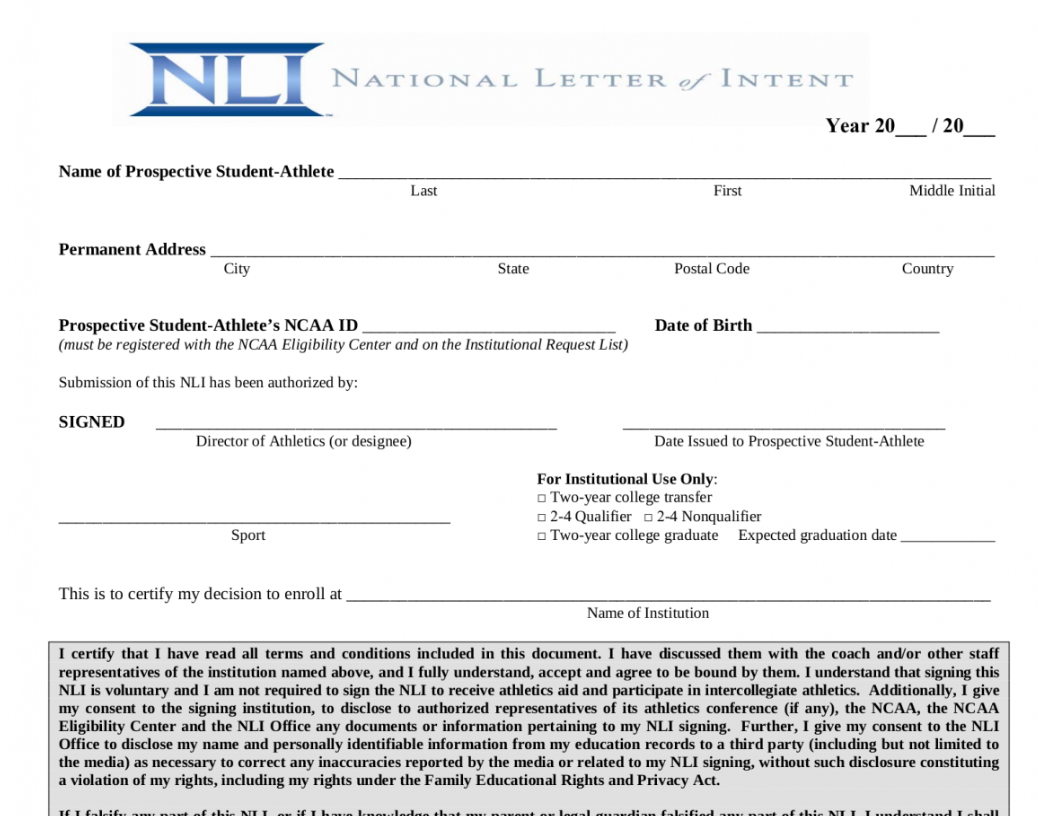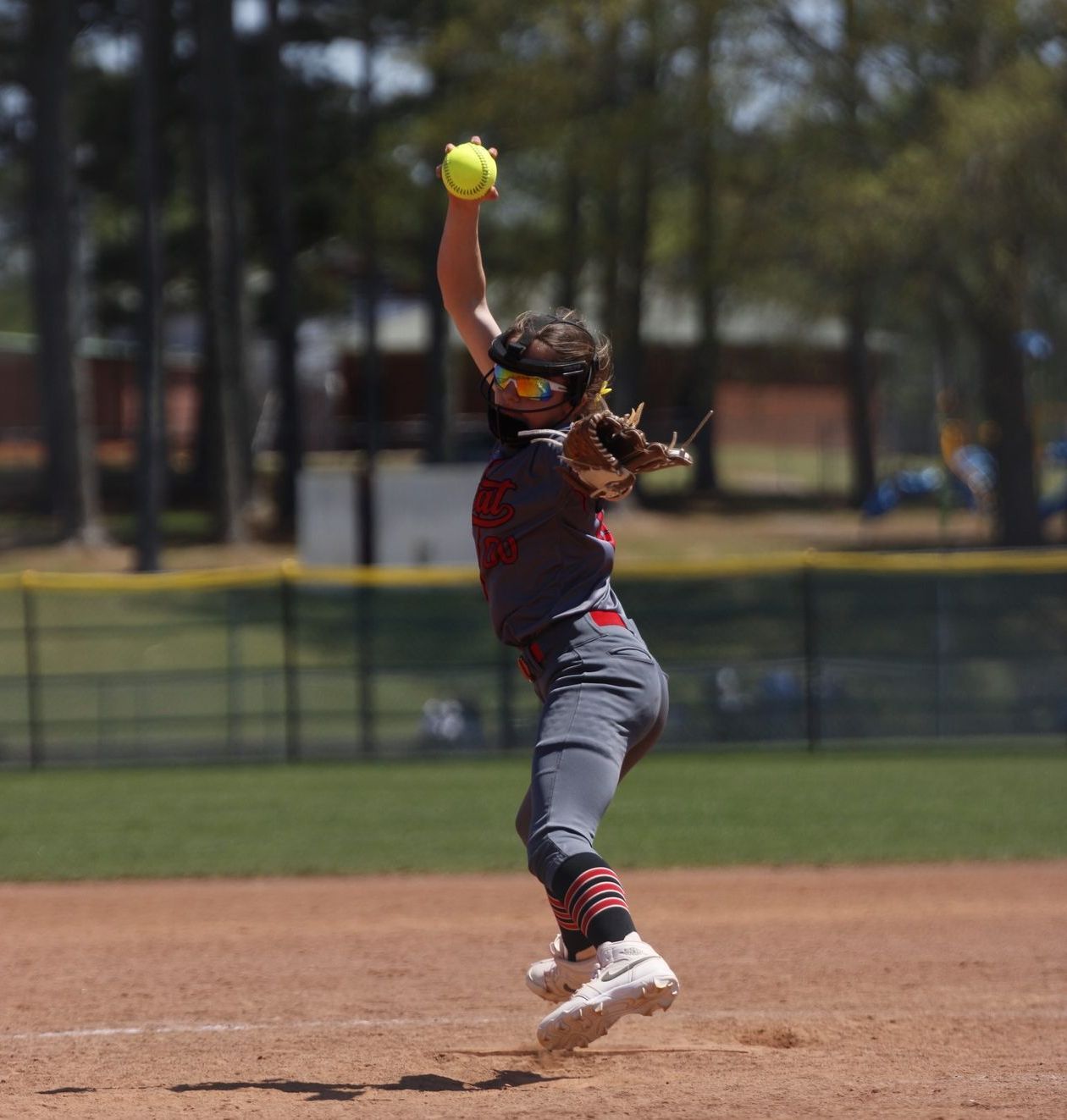Challenging the Odds: The Implications of Playing for a Low-Performing High School Softball Team on College Recruitment
This is a subtitle for your new post

Challenging the Odds: The Implications of Playing for a Low-Performing High School Softball Team on College Recruitment
At Legacy & Legends Softball, we receive numerous emails daily with many being questions about the recruiting process. One of the most popular questions is regarding how important is a high school softball program when it comes to a player's recruitment. Depending on who you ask, the responses will vary on this sensitive topic. Many travel ball programs will state it is the travel ball team that gets a player recruited and many high school programs will claim their programs set the foundation for a player's academic advancement to college towards being a student-athlete. Nonetheless, a high school program who is afforded so much time with a player can either help develop and foster good habits or unfortunately, possibly allow bad habits to form.
From my experience as both a high school and travel ball coach, I see that both play a significant part in the recruitment process, especially when considering if a player wants to play for a Division I or Division II or a Division III program or even a junior college team. If you actually count the hours spent on softball at a high school and hours spent with coaches in travel ball, you will see that a player spends a significant amount of time with their high school softball program and in many if not most cases, they spend less time with their travel ball program. From preseason preparation, to in-season competition, to off-season sessions ... many if not most players will spend more time with their high school program if that program is actively promoting a competitive softball environment. Albeit high school may take more time, it is ultimately the travel ball team that typically will dictate whether a player moves on to play at the collegiate level and on what type of program.
Since a majority of time is spent may be spent with high school coaches (almost daily during the school year in locations where high school softball is deemed very important) the program can either help or hurt the player's growth and development. This will be a factor in many facets including, strength and conditioning, on the field and game skillsets, character traits and conduct, game IQ, and overall mental and physical development.
Playing for a low performance high school softball team can significantly affect the recruitment perspectives of the university, mainly due to three interconnected factors: exhibition, level of competence and personal development. These factors interact in a complex way, ultimately influencing the visibility and attraction of a player towards university programs.
Exposure is often promoted as a critical element in the recruitment process for any sport, including softball. Athletes who play in high performance teams (both travel and high school) generally receive more attention from university scouts and coaches simply because they participate in competitive tournaments and show events that attract the largest public and the coverage of the media. On the contrary, low performance team players may not have the same level of visibility, particularly if the team does not participate in high level competitions or attend showcases where university recruiters are present. Without correct exposure, even talented athletes could have difficulty gaining the necessary attention to ensure university sports opportunities.
The level of competition facing athletes is another significant factor that affects recruitment. High performance teams (both high school and travel ball) generally play against equally skilled opponents (typically playoffs for high school), creating an environment in which players can improve their skills and adapt to the challenging game. This level of competition can help athletes develop better skills and consciousness of the game, traits that university coaches actively seek. In contrast, players in low performance teams or playing in considered weak leagues or conferences, may not have the same opportunity to overcome their limits or face regularly formidable opponents. This lack of competition could lead to stagnation in skills development, which potentially makes them less attractive to university programs that prioritize athletes that can prosper in high pressure scenarios.
In addition, personal development through coaching, teamwork and individual training can affect recruitment. Coaches in high performance programs, both high school and travel ball, often have more experience and resources to help players improve, both technically and mentally. They can provide constructive criticisms that are essential for growth, while the dynamics of a competitive team environment encourages players to raise their performance and fight for excellence. On the contrary, low performance teams can have difficulty providing this type of support, potentially delaying the development of players that could otherwise excel in different circumstances. The use of less qualified training or lack of access to specialized training facilities can hinder the progression of a player and, by extension, her recruitment perspectives.
Despite these challenges, it is crucial to recognize that playing in a low performance team is not entirely harmful to the recruitment perspectives of a player. Personal determination, work ethics and the ability to show improvement can significantly mitigate the disadvantages of playing at a lower level. Many athletes have successfully gone from programs less visible to higher levels of competition by participating in complementary "private lessons" training, attending exhibitions independently or participating in travel leagues that offer a better exposure. Personal ambition can promote an athlete to develop skills and build a recruiting profile that captivates recruiters, regardless of the success of their high school.
In conclusion, while playing for a low performance high school softball team, it presents clear disadvantages related to exposure, competition and personal development, it is not irrevocably to athletes that recruitment opportunities are lost. Personal initiative, the effective use of independent training resources/private coaching lessons, and adaptability can help athletes to position themselves for success, even in the absence of a prestigious team. As such, the impact of low performance team is a multifaceted topic that covers challenges and opportunities, underlining the importance of inherent talent and proactive effort in the search for collegiate athletic opportunities.
Simply put, grow and blossom where you are planted. Always seek opportunities to challenge yourself to make yourself better and all those around better because of your presence and efforts. Leave the team and the team environment a better place when you leave because of your efforts and impact. It is because of your actions at both your high school and travel ball that will shape and play a key factor in where you end up playing in college should you so choose to do so. Attitude is everything ... both positive and negative.
Fortune favors the bold.
By Allen Goodwin, Legacy & Legends Softball, 4 April 2025




